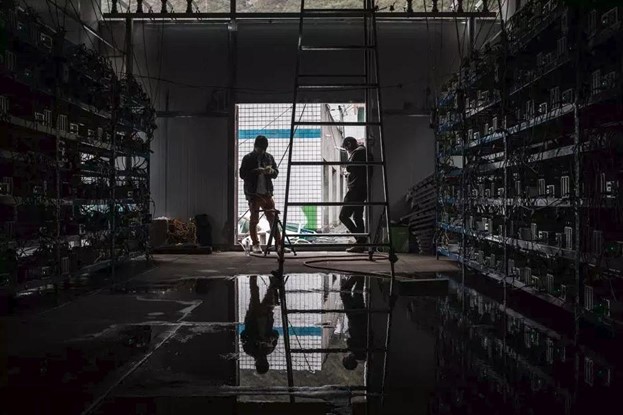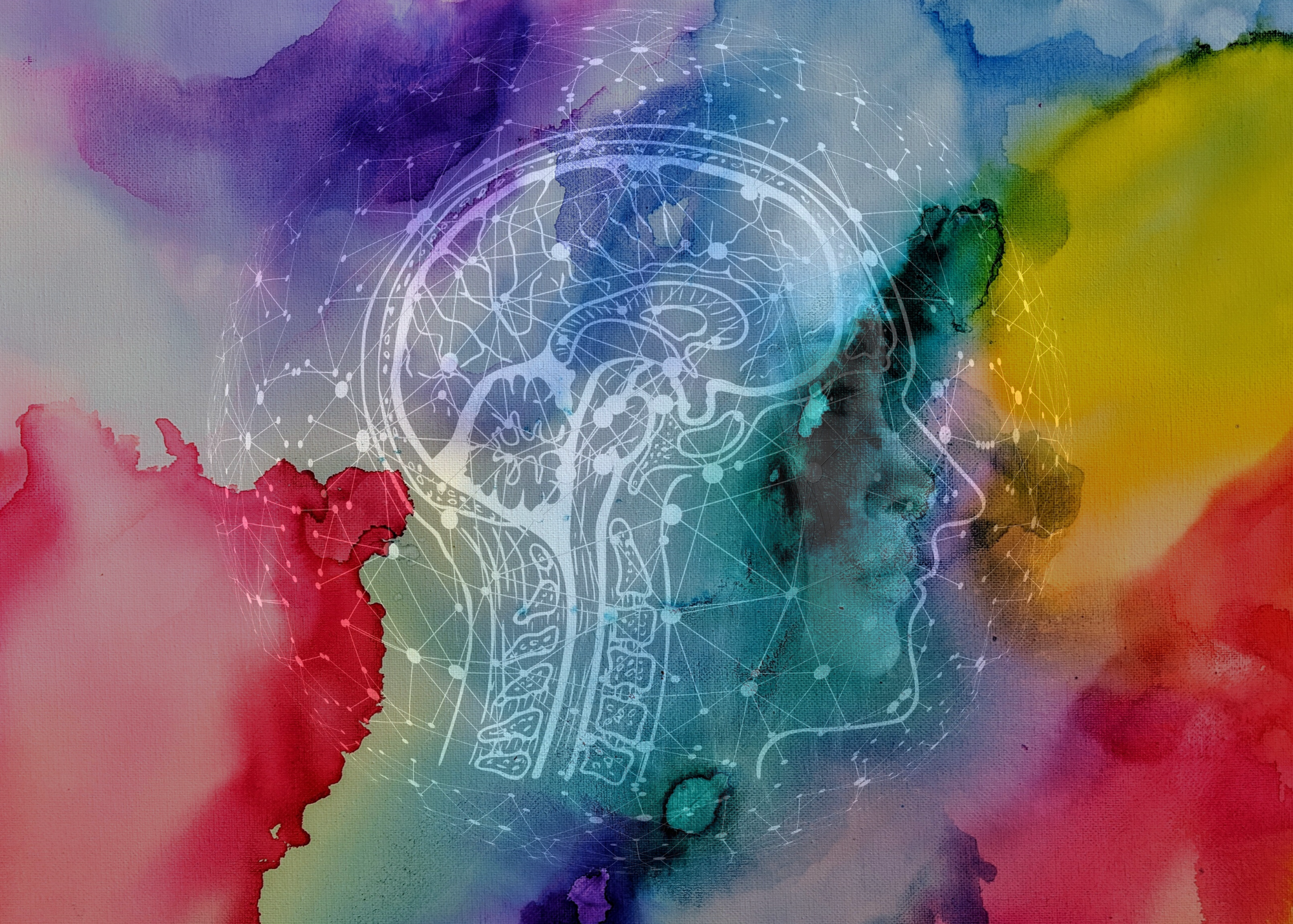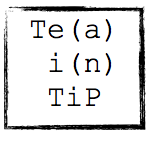Based at the IT University of Copenhagen, the section of Technologies in Practice conducts qualitative studies of technologically mediated practices in organisations and everyday life.
The vast majority of societal challenges demand critical engagement with contemporary technologies.
Our interdisciplinary environment provides students and researchers with the resources necessary for analysing entanglements of the social and technical with and through IT.
News
Tea in TiP: Interview with Visiting Researcher Nikolaus Pöchhacker
Welcome to our informal interview series with visitors to the research group. It is called Tea in TiP because interviewees are invited to share a cup of tea (though we shared some coffee on this occasion) and talk about what they hope to work on while visiting ITU and TiP. Nikolaus Pöchhacker is visiting from […]
“Datapolitics is more than GDPR and privacy, we also need to talk about climate” – new research initiative ‘The Digital Anthropocene’
With a moderate climate, a stable electricity grid and a central location in Europe, Denmark’s growing data center industry offers ideal conditions that big tech companies have long been looking for. As tech giants, like Google, Facebook and Apple, place their servers in Denmark in order to store data from European users, questions regarding climate […]
 TiP on Mastodon
TiP on Mastodon
- UntitledSuper proud of TiP member Irina Papazu for winning the Freeman Award, with co-editor Andreas Birkbak for the book "Democratic Situations". The prize will be awarded at the #EASST4S24 conference - for mroe see here https://tip.itu.dk/2024/07/04/democratic-situations-wins-the-freeman-award/
- UntitledWondering what to go and see at 4S/EASST this year? Take a look at the TiP Panels and presentations - quick summary here. https://tip.itu.dk/2024/07/04/4s-easst-making-and-doing-transformations/ #EASST4S24
Research
We are an interdisciplinary group, with a shared interest in qualitative studies of technologically mediated practices. Our work is funded by the Danish Research Council, European Union's Horizon 2020 program, Carlsberg Foundation, Innovation Foundation, Novo Nordisk and the Velux Foundation.
Teaching
We closely integrate our role as educators with our work as a research group. Our international faculty use insights from around the world in their teaching. Our teaching draws on disciplinary backgrounds such as information studies, history, anthropology, sociology, and critical computer science. We aim to help students address the critical questions arising at the intersection of society and technology.





